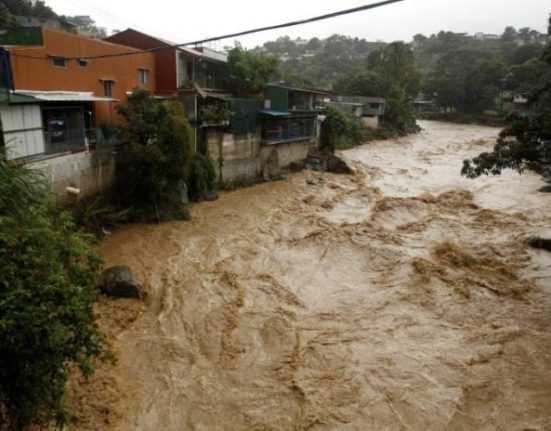Abuja, Nigeria | September 9, 2025 — Nigeria and several other African countries are collectively losing an estimated $12.7 billion annually due to infrastructure damage caused by climate-related disasters, according to new findings by regional development experts.
The report highlights that recurring floods, droughts, storms, and other natural disasters have weakened vital infrastructure such as roads, bridges, schools, hospitals, and energy facilities, slowing down economic growth and undermining poverty reduction efforts.
In Nigeria, flooding remains the single biggest threat, with recent years seeing billions of naira lost to washed-out farmlands, collapsed bridges, and displacement of communities. Similar patterns are reported across sub-Saharan Africa, where poor infrastructure planning and inadequate climate resilience strategies worsen the impacts.
Development specialists warn that unless urgent measures are taken, the cost of disaster-linked losses could rise significantly as Africa continues to urbanize and face climate extremes. They stressed the need for stronger investments in climate-resilient infrastructure, early warning systems, and regional cooperation on disaster risk management.
A World Bank analyst noted that “every dollar spent on resilience can save four dollars in post-disaster recovery,” urging African governments, including Nigeria, to prioritize disaster-proof planning in road, housing, and power projects.
The findings come as African leaders prepare for the United Nations Climate Summit later this month, where funding for adaptation and resilience in vulnerable regions is expected to top discussions.

